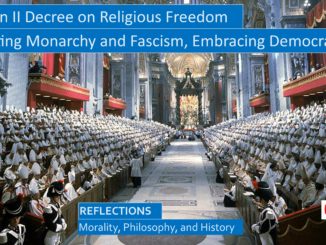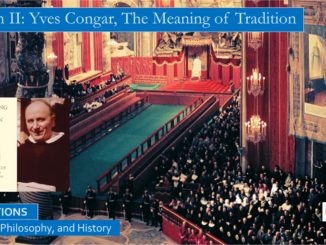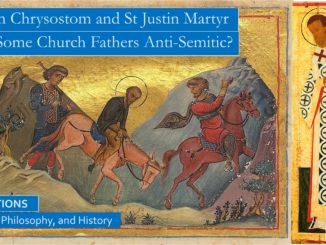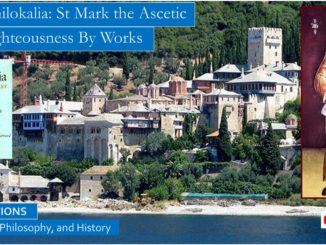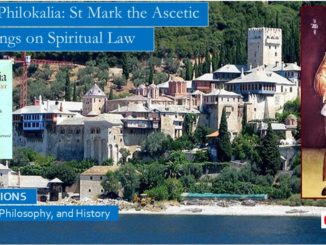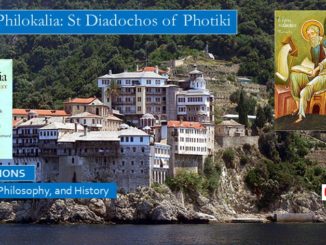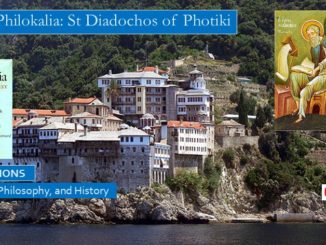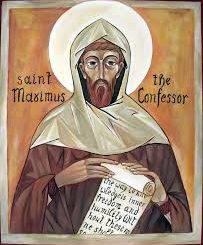
A Democrat Christian Ponders Abortion and Morality
As you can tell from the length of this blog, abortion is truly a moral tar baby. If you do not touch the tar baby and only glance at its outward appearances from twenty feet away, you can yell and scream and shout and maybe even shoot at those who do the evil deed, and think you are righteous and holy condemning those who you think made a sinful decision all day long on Facebook and Twitter and on the abortion picket line.
But if you dare to get one arm, then your other arm, then one leg, then your other leg into that moral tar baby called abortion, and start moving around and educating yourself and pondering and praying about all the sticky morass of moral issues, you will never get free of this moral tar baby, you will never be able to condemn any decision anybody makes about abortion, you will only be able to feel compassion towards those unfortunate few who must decide and who must live with their decision. […]

